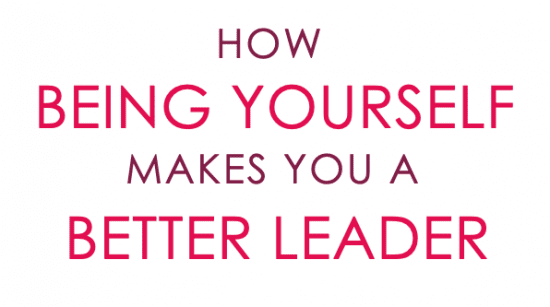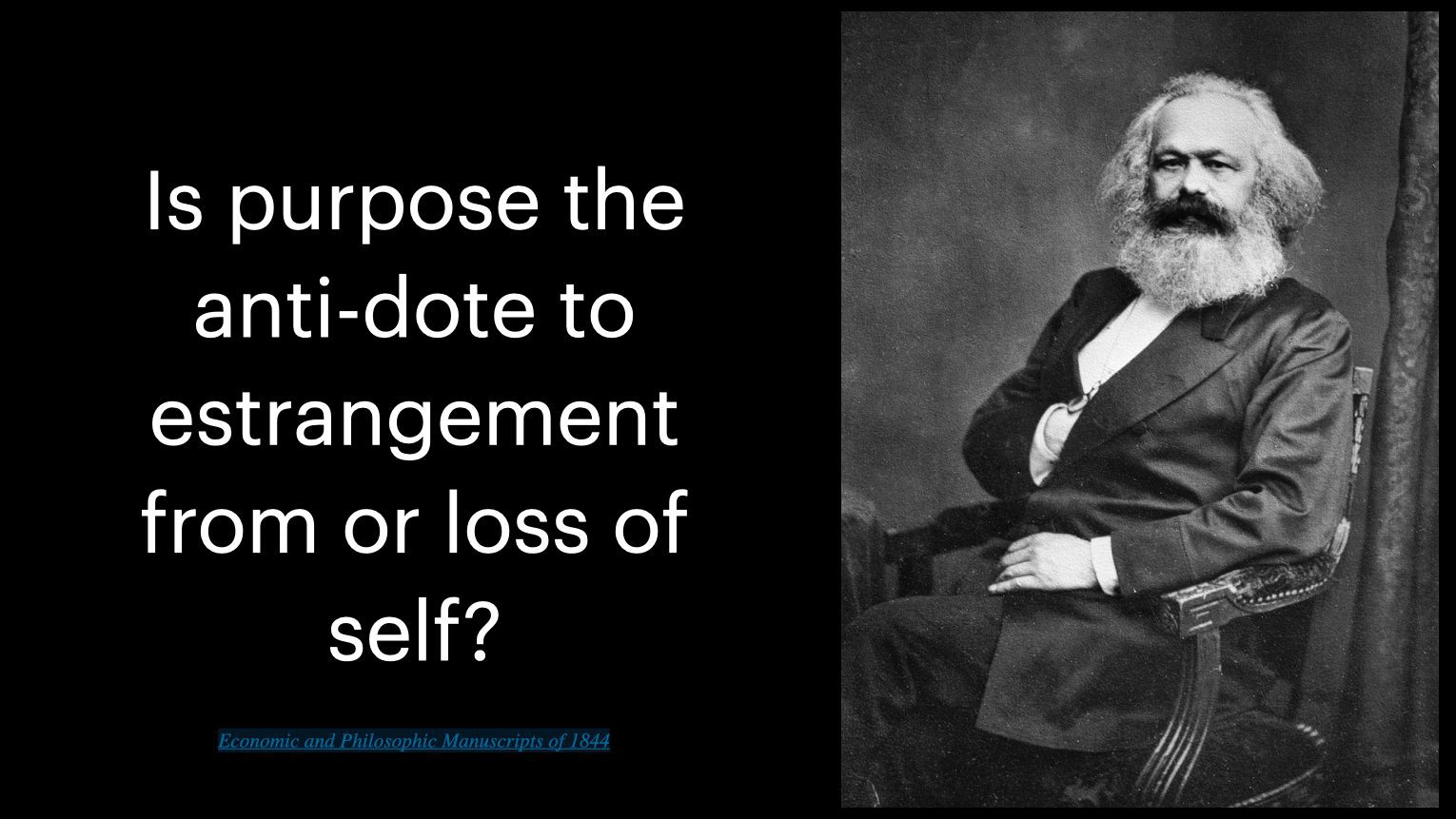It’s funny how when you re-read some texts, you can all of a sudden make totally different sense of it. In a time where capitalism is being raked over the coals by certain sets of society, I was delighted to rediscover Karl Marx’s concept of alienation. In the Economic and Philosophic Manuscripts of 1844, Marx laid out his Entfremdung theory of estrangement from or loss of self. He wrote,

“The worker … only feels himself outside his work, and in his work feels outside himself… External labour, labour in which man alienates himself, is a labour of self- sacrifice, of mortification… External labour, labour in which man alienates himself, is a labour of self- sacrifice, of mortification.” (p71)
With today’s existential crisis mixed into the global sanitary crisis, it’s no wonder many are pondering why they are doing what they do and working where they work. Moreover, in this context, it makes sense that people are calling for greater authenticity and purpose.
Feel out of place at work?
Many people will agree that they don’t get to be themselves at work. Further, whether it’s because they are just clocking in the hours, waiting for a paycheck to cover their expenses or having to put on a mask at work, many employees clearly feel that their work is not fulfilling. Marx characterized four types of alienation at work. In many regards, he seems to have demonstrated a keen understanding of our nature, and how we can/will feel out of place at work.
Marx’s four forms of alienation at work
- From your own labor, where your work is not your own.
- From the product of your labor, where you don’t own what you make at work.
- From your colleagues, who are your internal competitors.
- From our “species being” because the mercenary nature of work is not part of your natural, creative self. Your identity is naturally tied up in what you do, and if you love what you do, then you are what you love. But, if it’s not your work and you don’t love what you do, then you can’t be yourself.
Marx wrote, with due acknowledgement to Hegel, “The real, active orientation of man to himself as a species-being, or his manifestation as a real species-being (i.e., as a human being), is only possible if he really brings out all his species-powers —something which in turn is only possible through the co-operative action of all of mankind…” (p137) In this last phrase, I interpret an attachment to a larger purpose.
When you’re not you at work….
The alienation from our species being seems so true when you read about the ongoing high levels of disengagement at work. And, as a concept, it runs headlong into the main thesis of my new book, You Lead, in which I contend that, by being yourself, you can be a better leader. Further, by being yourself at work, you are by definition more congruent and present. By embodying your species being, you are accepting the most humane version of yourself.

Bridging the gap
So, how does someone at work manage to avoid this alienation? Maybe it could be as simple as making sure every day the leader occupies him or herself with countering these four forms of estrangement? Here is what an immediate and executive blueprint might look like:
- Make every one responsible and recognized for their labor. This will entail ensuring that the employees have a sense of agency and feel ownership in their work.
- Everyone needs to be connected to the products/services they are creating. The best ways to do this include making people feel connected to the overriding values and mission of the company (and less to the products themselves).
- Creating team unity by aligning everyone behind their contribution to the company’s purpose, rather than just to the bottom line results, where performance is too often individualistic.
- In terms of avoiding the alienation from the “species being,” it’s not just about loving what you do for a job. It’s believing in the nature of what you are doing and loving that purpose at a personal level. Moreover, people ought to be encouraged to express their fuller selves at work. An example that comes to mind is that of the Southwest Airlines flight attendants who are encouraged to bring their creative talents to the safety instructions.
In essence, it’s my belief that work has to be meaningful for every employee. As I have written, there is a scale to meaningfulness and purpose so, as a leader, it’s appropriate to consider your intention and ambition to make that purpose come alive. By feeling valued and believing that they are contributing to something more important, an employee’s work all of a sudden reinforces who they are. It need not be their identity. In fact, I would argue that it’s better not to be identified by your work. Rather, your work should be a coherent part of who you are, warts and all.
Your thoughts?











